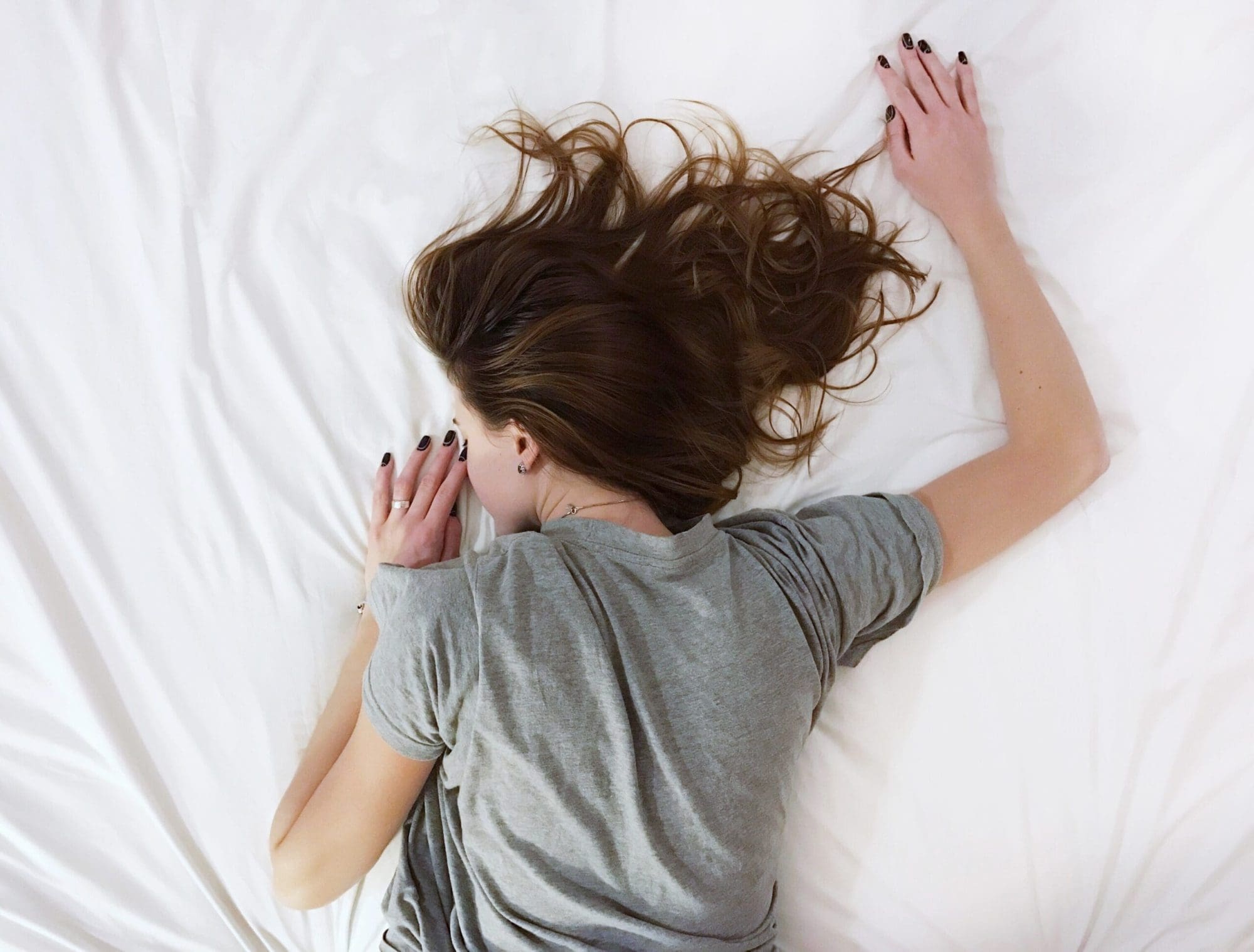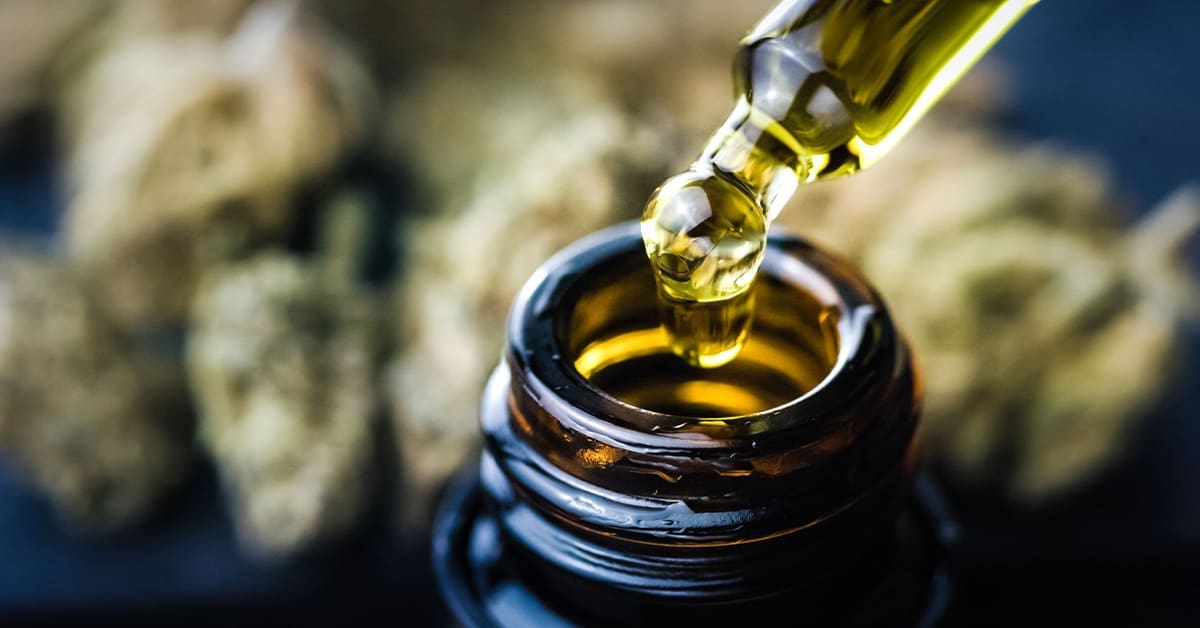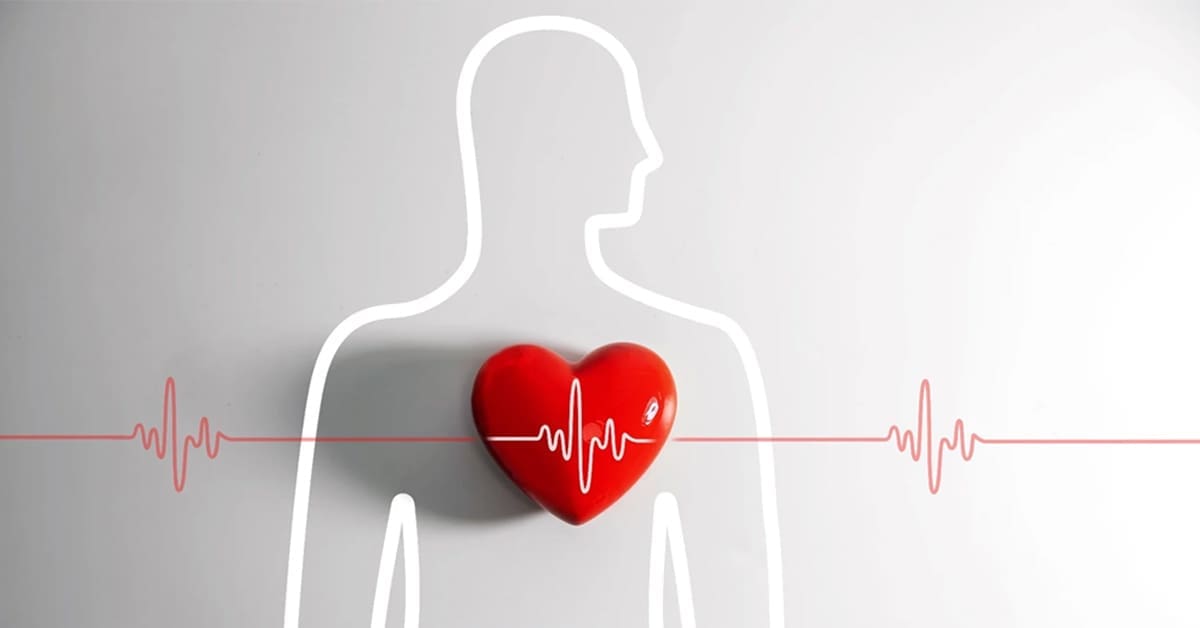In a world where sleep disorders plague millions, feeling drained and fatigued every day can be exhausting. However, a ray of hope has emerged in the form of medical cannabis, which has shown promise as a potential treatment for various sleep disorders.
Decoding Sleep Disorders
Before we dive into how medical cannabis could assist in sleep disorders, it’s crucial to understand what sleep disorders entail. They refer to a group of medical conditions that disrupt normal sleep patterns, making it difficult to fall asleep, stay asleep, or experience sound sleep. Here are some common types of sleep disorders:
- Insomnia: Trouble falling or staying asleep.
- Sleep Apnea: Characterised by breathing disruptions during sleep.
- Restless Leg Syndrome: Characterised by an irresistible urge to move the legs.
- Narcolepsy: Characterised by excessive daytime sleepiness and sudden bouts of sleep.
The Potential of Medical Cannabis in Sleep Disorder Treatment
Medical cannabis could be beneficial in managing sleep disorders in several ways:
- Inducing relaxation: Certain strains of cannabis contain compounds that may aid relaxation, facilitating easier sleep initiation and maintenance.
- Pain relief: Chronic pain often disrupts sleep, and cannabis has demonstrated efficacy in pain management.
- Anti-anxiety properties: Stress and anxiety are significant contributors to sleep issues. Cannabis is known for its anti-anxiety effects.
- Sleep cycle regulation: Cannabis may help regulate the sleep-wake cycle, which is essential for restful sleep.
Exploring Medical Cannabis Products
The two most common forms of medical cannabis products are flowers and oils.
- Flower: This is the dried and cured form of the cannabis plant. Specific strains of flowers may be beneficial in treating sleep issues, such as insomnia.
- Oils: These are concentrated cannabis extracts that isolate cannabinoids and terpenes from the plant material.
Both flowers and oils can help manage sleep disorders, but oils are often preferred due to their precise dosing and prolonged effects. Some individuals find vaping flower before bedtime aids relaxation and sleep initiation, while others favour the gradual onset and sustained impact of oils.
Interestingly a recent randomised double-blind placebo-controlled crossover study, using a New Zealand verified balanced THC:CBD oil has reinforced the effectiveness of medical cannabis in improving sleep quality and duration. The subjects showed a significant reduction in insomnia severity, an improvement in sleep satisfaction and daily functioning, along with an increase in midnight melatonin levels. Additionally, they experienced an increase in the duration of light sleep and a trend towards longer REM sleep. Participants also reported feeling more clear-headed and tranquil.
It’s essential to consult with a healthcare professional before using medical cannabis for any health condition, including sleep disorders. Starting with a low dose and gradually increasing it – a process known as titration – is highly recommended.
Consultation with a Medical Professional
If you’re considering medicinal cannabis as a potential solution for your sleep disorder, the first step is consulting a healthcare provider. Here are some things to keep in mind during your consultation:
- Be transparent: Share your complete medical history, including any current medications or supplements.
- Inquire: Don’t hesitate to ask questions about medicinal cannabis, its potential benefits, and possible side effects.
- Follow instructions: If medicinal cannabis is suggested, adhere strictly to the prescribed usage guidelines.
In conclusion, while medical cannabis shows potential as a treatment for sleep disorders, it’s essential to involve a healthcare practitioner in your treatment plan. With the right guidance, medical cannabis could offer hope to those who have struggled with sleep issues for years. Schedule your consultation with us today.
Disclaimer: This article is for informational purposes only and should not be considered medical advice. Consult with a healthcare professional for personalised guidance and advice regarding caffeine, THC, or any other substances.
References:
- Babson KA, Sottile J, Morabito D. Cannabis, Cannabinoids, and Sleep: a Review of the Literature. Curr Psychiatry Rep. 2017 Apr;19(4):23. doi: 10.1007/s11920-017-0775-9.
- Gates PJ, Albertella L, Copeland J. The effects of cannabinoid administration on sleep: a systematic review of human studies. Sleep Med Rev. 2014 Dec;18(6):477-87. doi: 10.1016/j.smrv.2014.02.005.
- Hsiao YT, Yi PL, Li CL, Chang FC. Effect of cannabidiol on sleep disruption induced by the repeated combination tests consisting of open field and elevated plus-maze in rats. Neuropharmacology. 2012 Jan;62(1):373-84. doi: 10.1016/j.neuropharm.2011.08.013.
- Ried K, Tamanna T, Matthews S, Sali A. Medicinal cannabis improves sleep in adults with insomnia: a randomised double-blind placebo-controlled crossover study. Journal of Sleep Research. 20 December 2022. doi: 10.1111/jsr.13793
- Caffrey A, Borrelli E. The art and science of drug titration. There Adv Drug Saf. 2021 Jan. dot: 10.1177/2042098620958910








